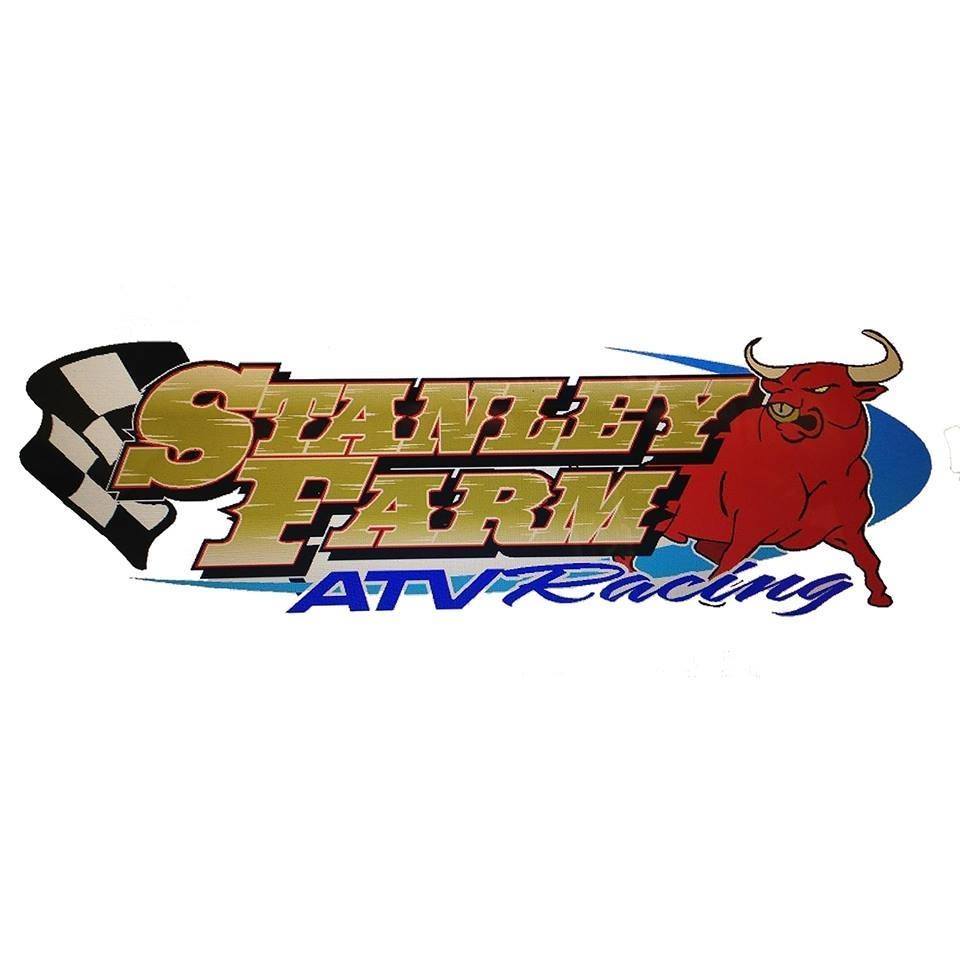Introduction: Why Farm ATV Maintenance Matters
Farm ATVs are the unsung heroes of agriculture—hauling gear, towing equipment, and helping farmers tackle tough terrain. But like any hard-working machine, they demand proper care. Ignoring maintenance isn’t just a matter of inconvenience; it can lead to breakdowns, costly repairs, and even safety hazards. In this guide, we’ll explore the 11 biggest Farm ATV Maintenance Risks and how to dodge them, keeping your ATV reliable for years to come.
(Internal links to explore: Farm ATV, ATV Models, ATV Accessories)
Risk #1: Ignoring Regular Oil Changes
Why Skipping Oil Changes is Risky
Oil is the lifeblood of your ATV. Skipping oil changes can lead to engine wear, overheating, and sludge buildup. Eventually, you’ll face a seized engine—a repair that costs far more than regular oil service.
How to Avoid This Risk
- Follow manufacturer intervals.
- Use high-quality oils recommended for farm ATVs.
- Keep a maintenance log so you never forget.
Risk #2: Poor Tire Care and Pressure Neglect
The Dangers of Improper Tire Maintenance
Under-inflated tires affect stability, while over-inflation reduces traction. On the farm, that means reduced hauling efficiency and higher accident risks.
Smart Tire Care Habits
- Check tire pressure weekly.
- Inspect for punctures and cracks.
- Use heavy-duty ATV tires if you’re carrying big farm loads.
Risk #3: Neglecting Battery Health
What Happens with a Weak Battery
A weak battery means unexpected shutdowns in the middle of chores. Worse, it can shorten the life of your ATV’s electrical system.
Tips to Keep Batteries Strong
- Recharge regularly if your ATV isn’t used daily.
- Clean terminals to prevent corrosion.
- Consider electric ATVs for eco-friendly farming with advanced battery systems.
Risk #4: Overlooking Brake Inspections
Why Brake Wear is a Silent Danger
Brake failure on rough farmland isn’t just inconvenient—it’s dangerous. Heavy loads and steep terrain make healthy brakes critical.
Simple Brake Check Routine
- Test braking before rides.
- Replace worn pads immediately.
- Keep brake fluids topped up.
Risk #5: Ignoring Air Filter Maintenance
Dust and Dirt Damage
Farm environments are dusty, which clogs filters fast. Dirty filters reduce airflow, straining your engine and cutting fuel efficiency.
How to Clean and Replace Filters
- Clean filters after heavy use.
- Replace filters at least once a season.
- Use ATV accessories designed for dusty farm work.
Risk #6: Fuel System Problems
Effects of Dirty Fuel Lines and Filters
Contaminated fuel systems lead to sputtering engines and reduced power. Over time, you risk total engine failure.
Preventive Fuel System Care
- Drain old fuel if stored long-term.
- Replace fuel filters regularly.
- Buy quality fuel to prevent contamination.

Risk #7: Skipping Drive Chain or Belt Checks
The Risk of Sudden Breakdowns
Farm ATVs rely on drive chains or belts to transfer power. If these snap mid-task, you’re stranded—with an expensive fix ahead.
How to Maintain Chains and Belts
- Check for slack and wear monthly.
- Lubricate chains properly.
- Replace belts at manufacturer-recommended intervals.
Risk #8: Forgetting Cooling System Maintenance
Overheating Hazards on the Farm
Heavy towing and long hours generate heat. Without cooling system care, overheating can damage the engine beyond repair.
Keeping the Cooling System Healthy
- Flush and replace coolant yearly.
- Inspect radiators for leaks and debris.
- Don’t overload your ATV—match it with farm equipment properly sized for the model.
Risk #9: Ignoring Suspension and Steering Issues
Why Suspension Matters for Farm Work
Worn suspension makes rides rougher and increases strain on your ATV frame. It also reduces safety when hauling.
Spotting Steering Problems Early
- Look for difficulty turning.
- Inspect shocks and struts for leaks.
- Upgrade to productivity gear like heavy-duty shocks if farm loads are heavy.
Risk #10: Not Tracking Maintenance Schedules
The Hidden Cost of Poor Logging
Without a schedule, small issues snowball into expensive repairs. Farmers often spend more because they forget past service dates.
Use a Maintenance Log Effectively
- Track oil, filters, brakes, and belts.
- Log mileage and hours worked.
- Use apps or printable logs from maintenance and repair guides.
Risk #11: Using the Wrong ATV Accessories or Parts
Compatibility and Safety Risks
Cheap, mismatched accessories don’t just wear out faster—they can damage your ATV. For example, the wrong hitch attachment might strain your suspension.
Choosing the Right ATV Accessories
- Only buy model-compatible gear from trusted suppliers.
- Explore ATV attachments for specific farm needs.
- Check the 2025 ATV Models for accessories that improve efficiency.
Best Practices for Avoiding Farm ATV Maintenance Risks
Follow Manufacturer Guidelines
Read the manual—it’s the roadmap to avoiding major Farm ATV Maintenance Risks.
Use Quality Farm Equipment
Pair your ATV with reliable farm equipment to reduce wear and tear.
Learn from How-To Guides
The How-To Guides section is packed with tips on preventive care and safe farm ATV use.
Conclusion
Your ATV is more than a ride—it’s a partner in farming. By understanding the 11 Farm ATV Maintenance Risks and staying proactive, you protect not just your machine but your productivity and safety. Regular checks, quality accessories, and smart logs keep breakdowns at bay, saving money and ensuring smoother farming operations.
FAQs
1. How often should I change ATV oil for farm use?
Every 50–100 hours of use, or as recommended in your ATV manual.
2. Can low tire pressure damage my ATV?
Yes. Low pressure stresses the tires and reduces fuel efficiency, increasing accident risks.
3. What’s the best way to extend ATV battery life?
Keep it charged, clean the terminals, and avoid long storage without use.
4. Why is an air filter so important on farms?
Dusty fields clog filters quickly, reducing airflow and engine efficiency.
5. Do I need special accessories for heavy farm work?
Yes. Use heavy-duty ATVs and compatible accessories for hauling and towing.
6. How can I track my ATV’s maintenance schedule easily?
Use a maintenance log or a mobile app to log services.
7. Are electric ATVs reliable for farming?
Absolutely. Electric ATVs are eco-friendly, low-maintenance, and powerful enough for most farm tasks.


